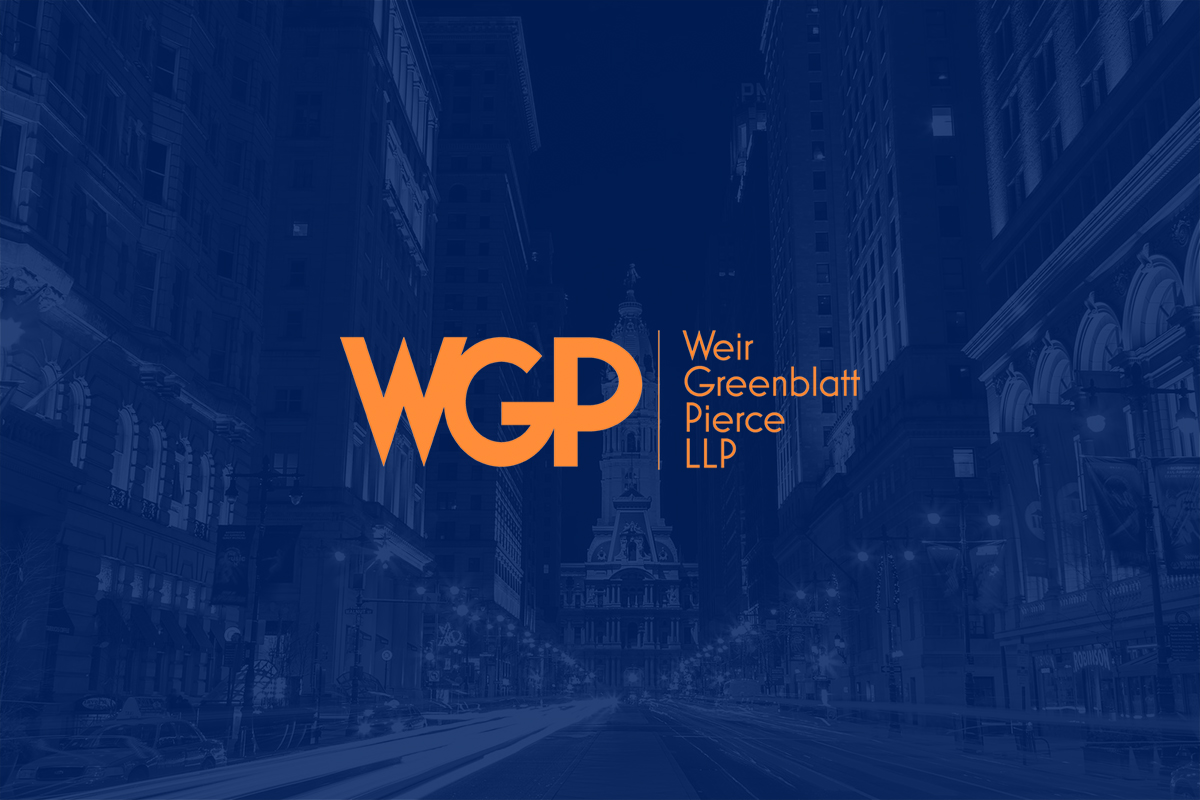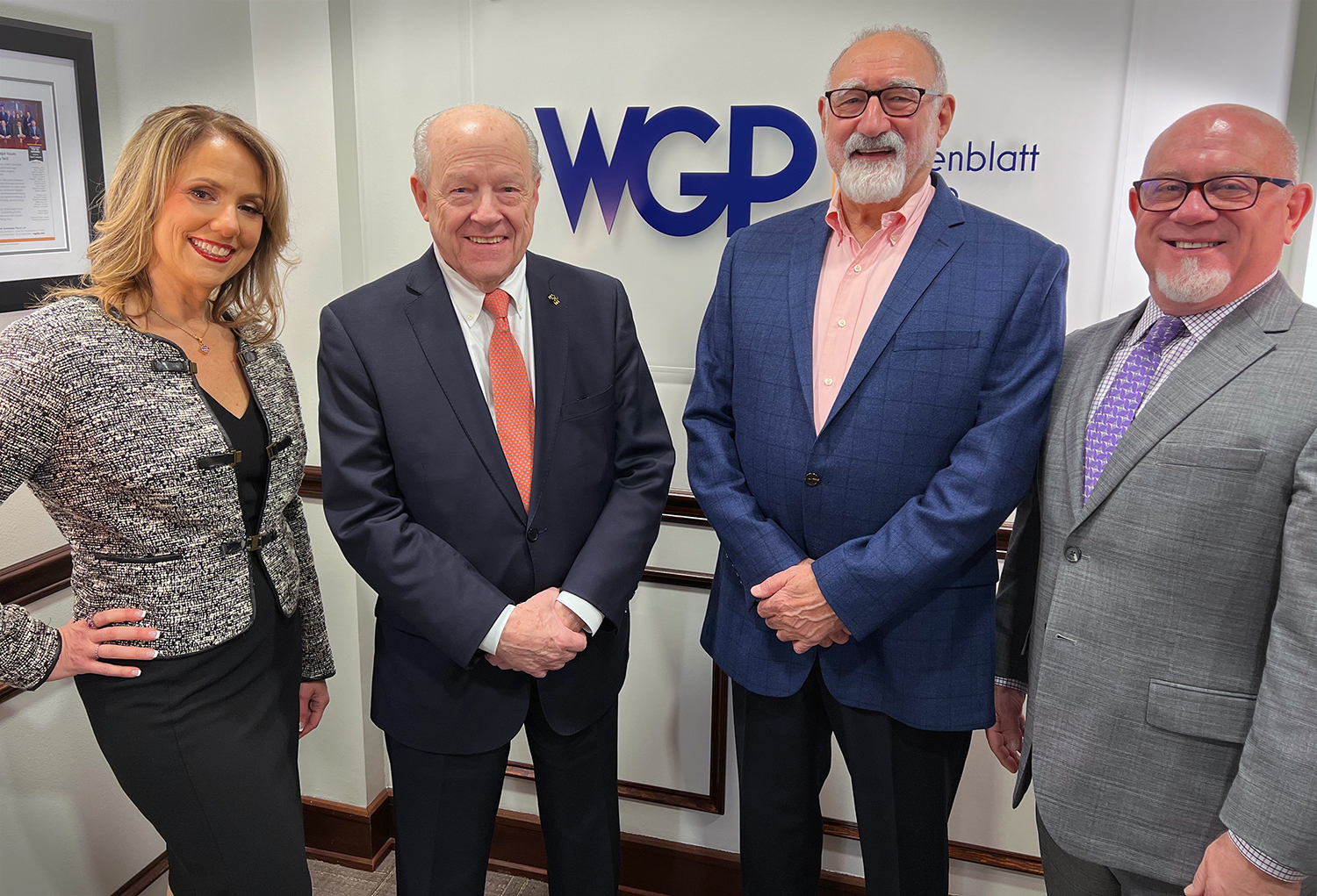Here are legal events I would like to see take place in 2023. Their adoption is fully within the means of the bench and the bar. These suggested events, I feel, are very realistic and practical. I call upon the leaders of the courts and law firms to make a practical effort to make them happen.
The Pennsylvania Supreme Court should adopt the recommendations by the Grand Jury Task Force for proposed changes in the procedure for Pennsylvania state court grand jury judges. The Grand Jury Task Force was created by the Supreme Court in July 2017. It made its recommendations in a report on in November 2019. It heard extensive testimony from prosecutors and the defense bar. Among the several recommendations were amendments to the training and operation of state grand jury judges. These are very practical, and some were recommended by the state grand jury judges themselves. The Supreme Court could implement them with a simple vote. We have heard nothing from the Supreme Court except a personal letter to me from the late Chief Justice Max Baer in July 2021 stating the bar would see some activity in this regard soon. Baer died in November 2022. So far, no action.
I urge the Supreme Court to adopt these amendments to state grand jury procedure, which are among the many recommendations made by the Grand Jury Task Force for changing state grand jury practice. The Supreme Court should not permit these good recommendations to suffer the usual fate of the many recommendations of public committees or task forces the public has seen for years: a publicity splash upon creation, a second splash upon release of recommendations, and then the committee folds its tents and silently slips away.
COVID-19 certainly affected the operation of the court system; however, that interruption has gone, and the courts and grand juries have been in operation for a year. Let us hear from the Supreme Court on these initial recommendations by the Grand Jury Task Force.
A special effort to amend the federal criminal discovery procedure is in order. In The Legal Intelligencer in November 2022, I proposed that the federal defense bar make a unified move to amend the federal criminal discovery procedure by promoting further discovery on a case-by-case basis. Some members of the criminal defense bar recommended approaching the new U.S. Attorney in Philadelphia to appoint a committee to study proposed changes. I felt such a committee, even if it were created, was a great waste of time. I was the U.S. Attorney in the Eastern District of Pennsylvania for over five years and feel that no momentous changes would occur from such an effort.
I urged all the defense bar organizations to make a concentrated effort, on a case-by-case basis, to seek expansion of the discovery process. There are precedent cases in many other districts to support such defense requests. Cite them and in the right factual circumstances the court will respond favorably. Avoid motions for mass changes but make reasonable requests under the right factual circumstances. Two favorable rulings on an issue will soon become the law of the district. We will not immediately get an open file discovery policy, but in time such a concept can evolve. I ask the federal criminal defense bar to get behind such an effort.
There Is a growing shortage of both criminal and civil trial lawyers. One reason given is that over 90% of civil cases settle, and roughly 80% of criminal cases result in guilty pleas, thus reducing the need for trial lawyers. It should be noted that counsel who make those agreements to plead a criminal case or settle a civil case, should have the skills and experience of how to determine whether there should be a trial on the merits. The bar does not need lawyers who have never faced a jury, making trial determinations.
The trial lawyer is still the key to the common law system that the members of the bar in this country and the British commonwealth, have established and protected for 200 years. There will always be cases that must be tried to discover the facts, or public hearings where persons must be questioned under oath. The trial lawyer is still the last stronghold of the freedom in this country. Then why is there a shortage of trial lawyers. Cost. Training trial lawyers requires more than class work. The trial lawyer is much like the bull fighter who eventually must enter the ring and fight the bull to learn his skill. The novice trial lawyer must enter the courtroom and examine witnesses. No substitute for it. The law firms frankly state that such training is not economical. They cannot accept certain smaller cases where the novice trial lawyer can fight the bull. The firms cannot assign a novice attorney to a trial and charge the client $800 an hour. In other words, they cannot give the novice trial lawyer training that can be charged to the client. Think about that comment for a moment. The firms cannot train personnel that are essential to the trial procedure of this country because they cannot charge the client for it.
Fortunately, there are attorneys who are offering training programs. The American College of Trial Lawyers of Pennsylvania, chaired by Michael Engle, is offering a trial training program starting this year for Pennsylvania lawyers. Marc Zucker, the new chancellor of the Philadelphia Bar Association, is starting a similar program for young lawyers and public interest lawyers who are members of the Philadelphia Bar Association. Space restrictions prohibit further explanation. Please email Michael Engle at mengle@stradley.com or Marc Zucker at mzucker@wgpllp.com, for further information about these programs.
A positive factor, which I encourage, is training women trial lawyers. I encourage women’s bar groups to join in this effort. Law firms should encourage the recruitment and training of their women lawyers.
Thomas R. Kline School of Law of Duquesne University now offers a full semester class on leadership. Dean April Barton of the law school said the purpose is to teach the students to think like a leader, rather than the traditional think like a lawyer. Some other law schools offer classes on the subject.
There is a need for law firms, to do the same. Some law firms have begun to bring in instructors on leadership for their new hires, as do many professional business organizations. The law firms can hire the best and brightest students from the best law schools, pay generous salaries, and require billing 2,300 hours and get plenty of applicants to do so. How many of those best and brightest have leadership skills? Overall, some of those best and brightest will have to manage projects and supervise junior lawyers. That leadership talent cannot be determined from reading their law school records. Leaders will emerge; it is the job of the senior partners to recognize them and utilize their talents. They may not be the lawyers with the highest law school grades. The lawyers with courtroom skills tend to become law firm leaders.
I would like to see leadership become a training factor in law firms. As soon as law firm management starts to discuss the subject, it will become a necessary element in the overall management of the firm.
These are my suggestions for 2023. Leaders of the bench and bar can make them happen.
Peter Vaira is special counsel at Weir Greenblatt Pierce LLP. He is a former U.S. attorney and the author of a book on Eastern District practice. He acts as special hearing master for Pennsylvania courts and clients. He can be reached at pvaira@wgpllp.com.
Reprinted with permission from the January 9, 2023 issue of The Legal Intelligencer. © 2023 ALM Media Properties, LLC. Further duplication without permission is prohibited. All rights reserved.





